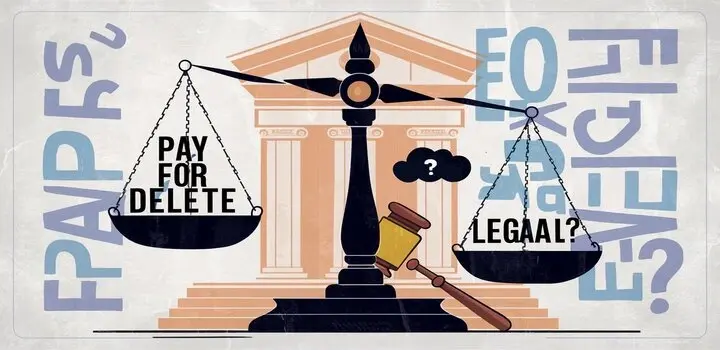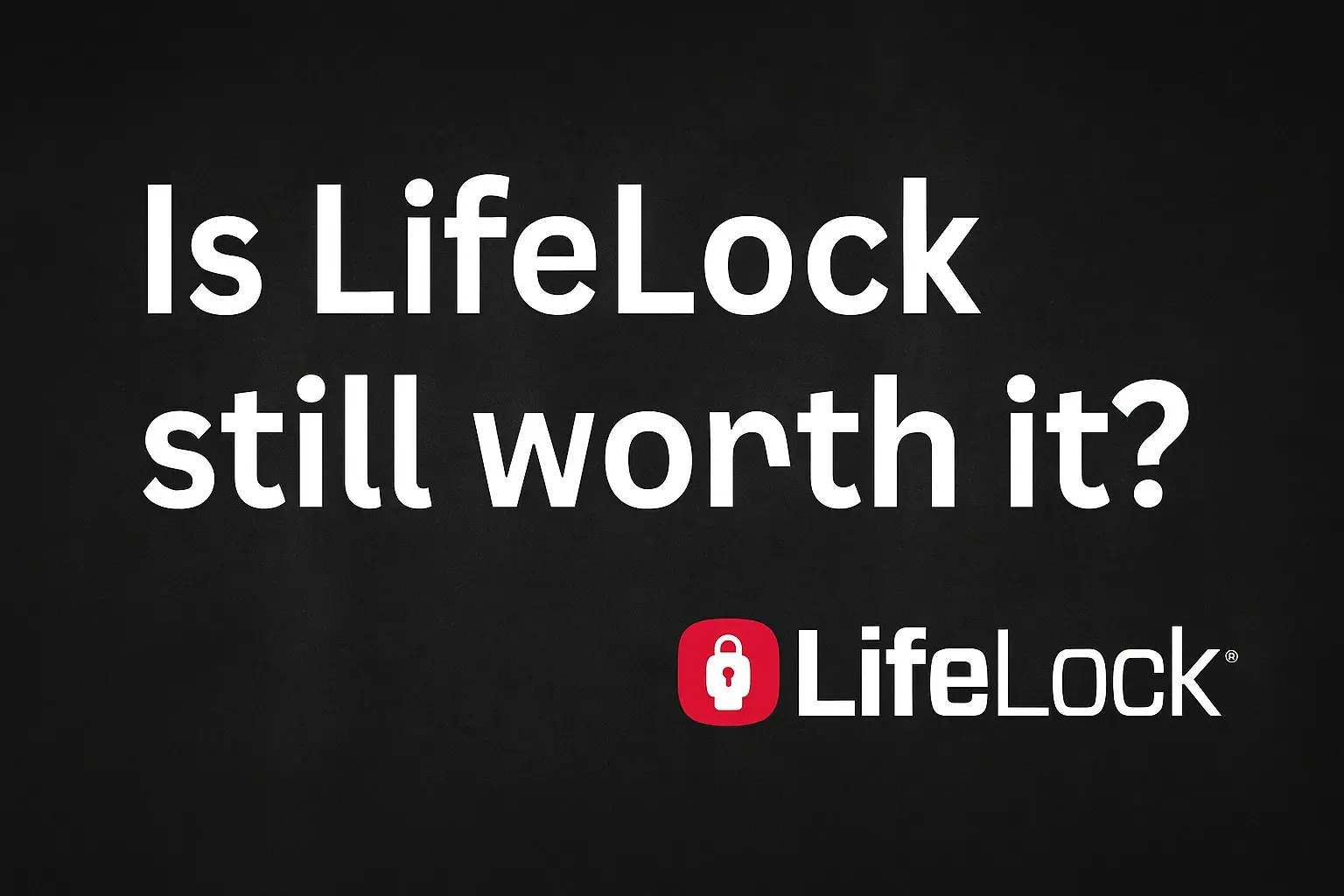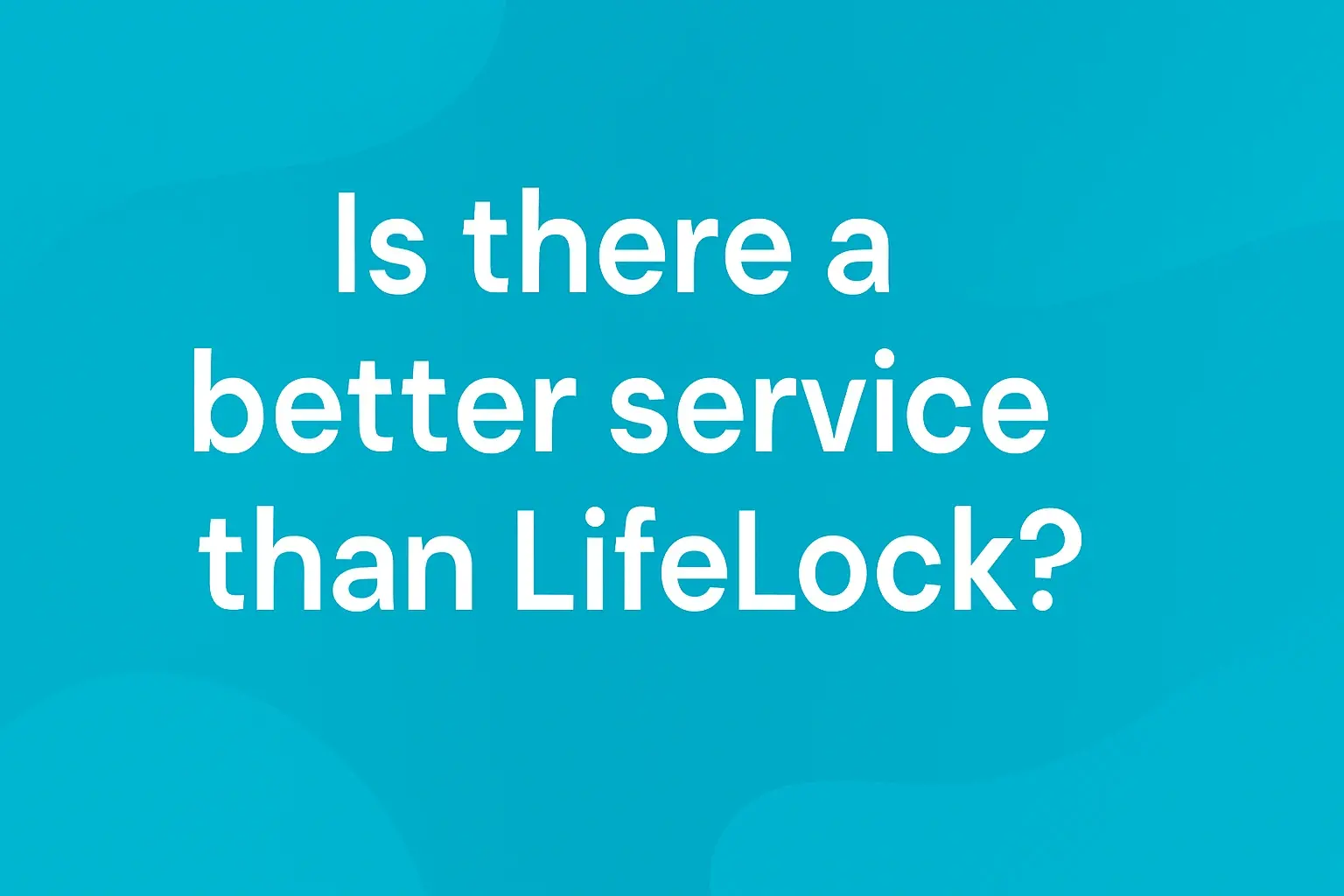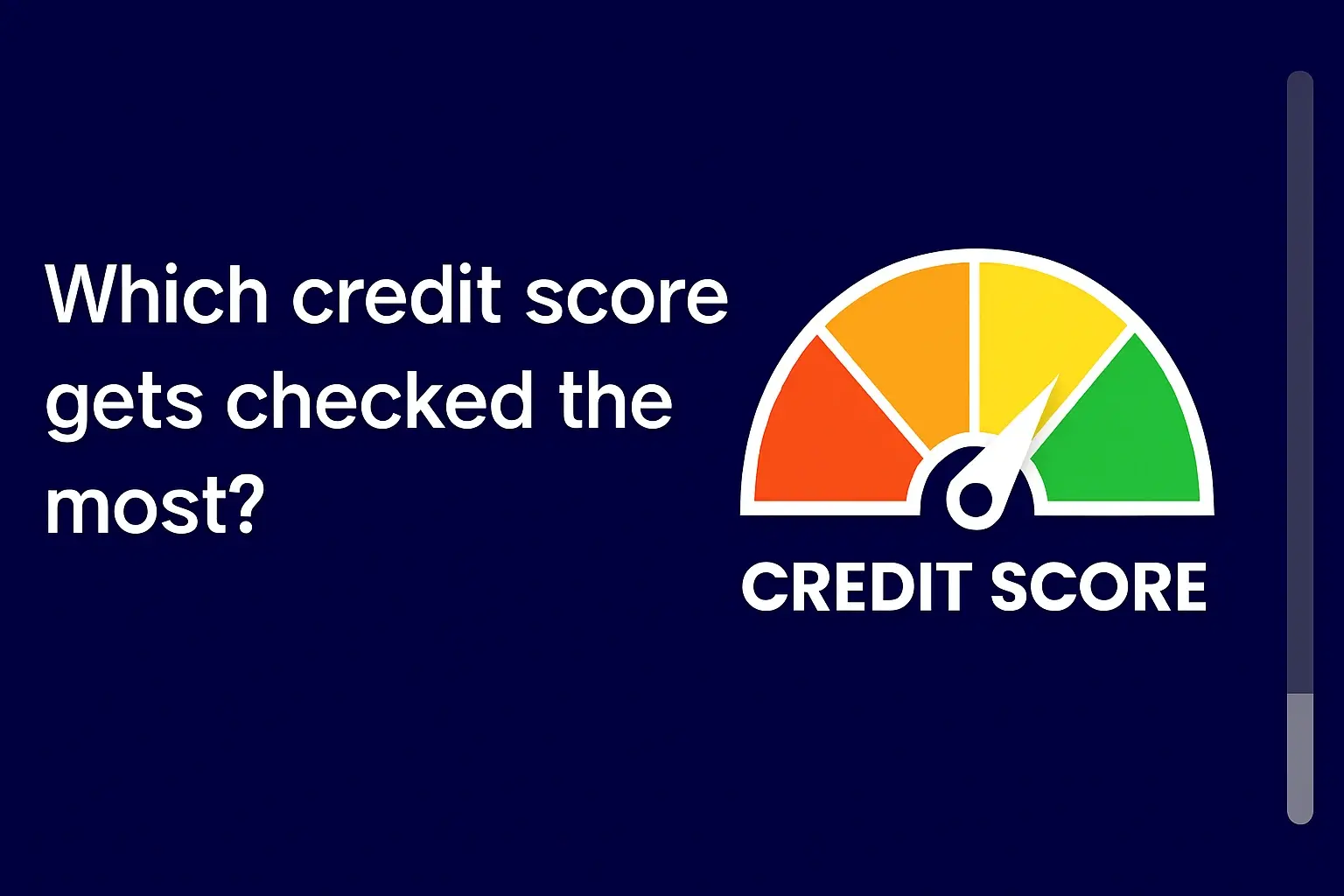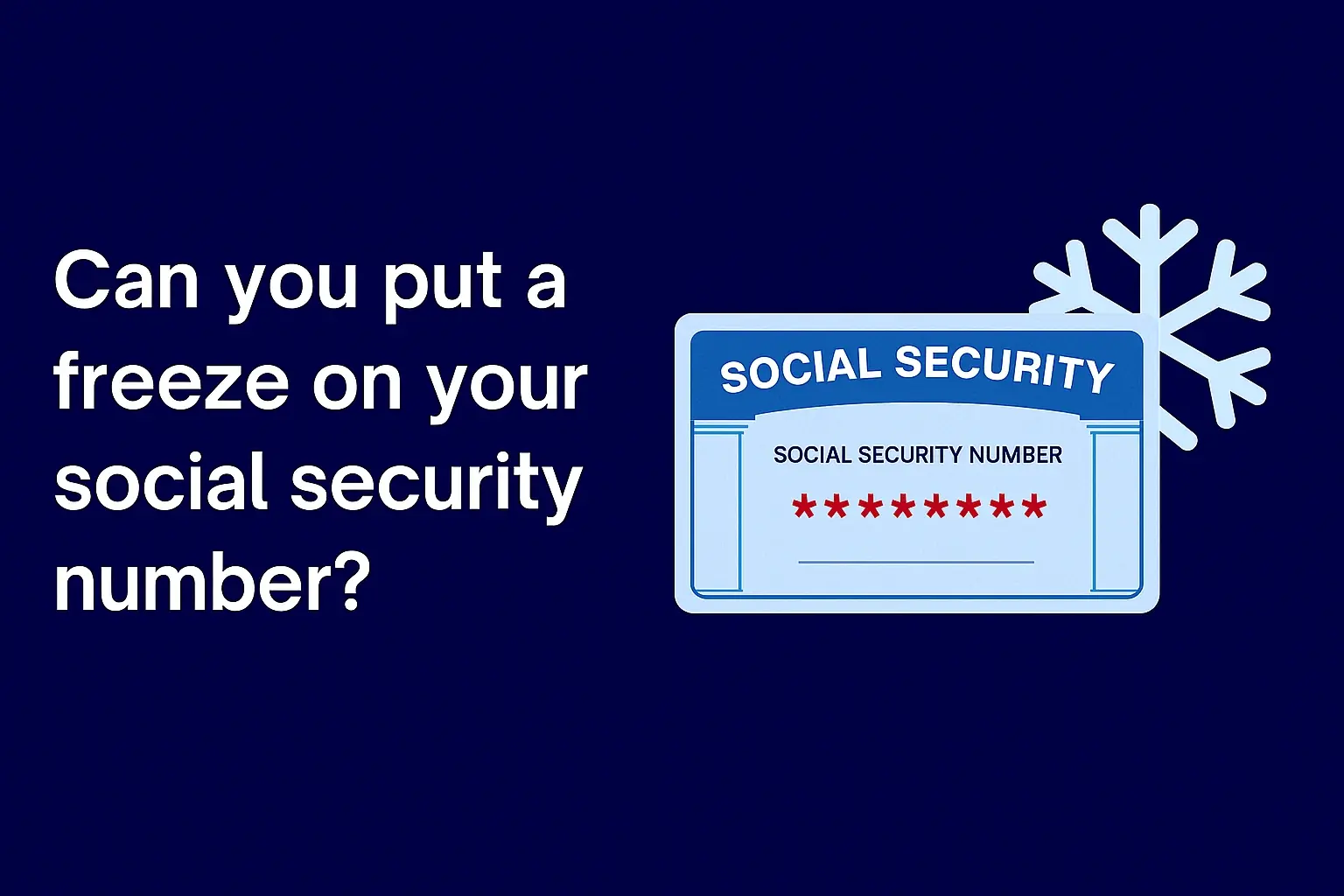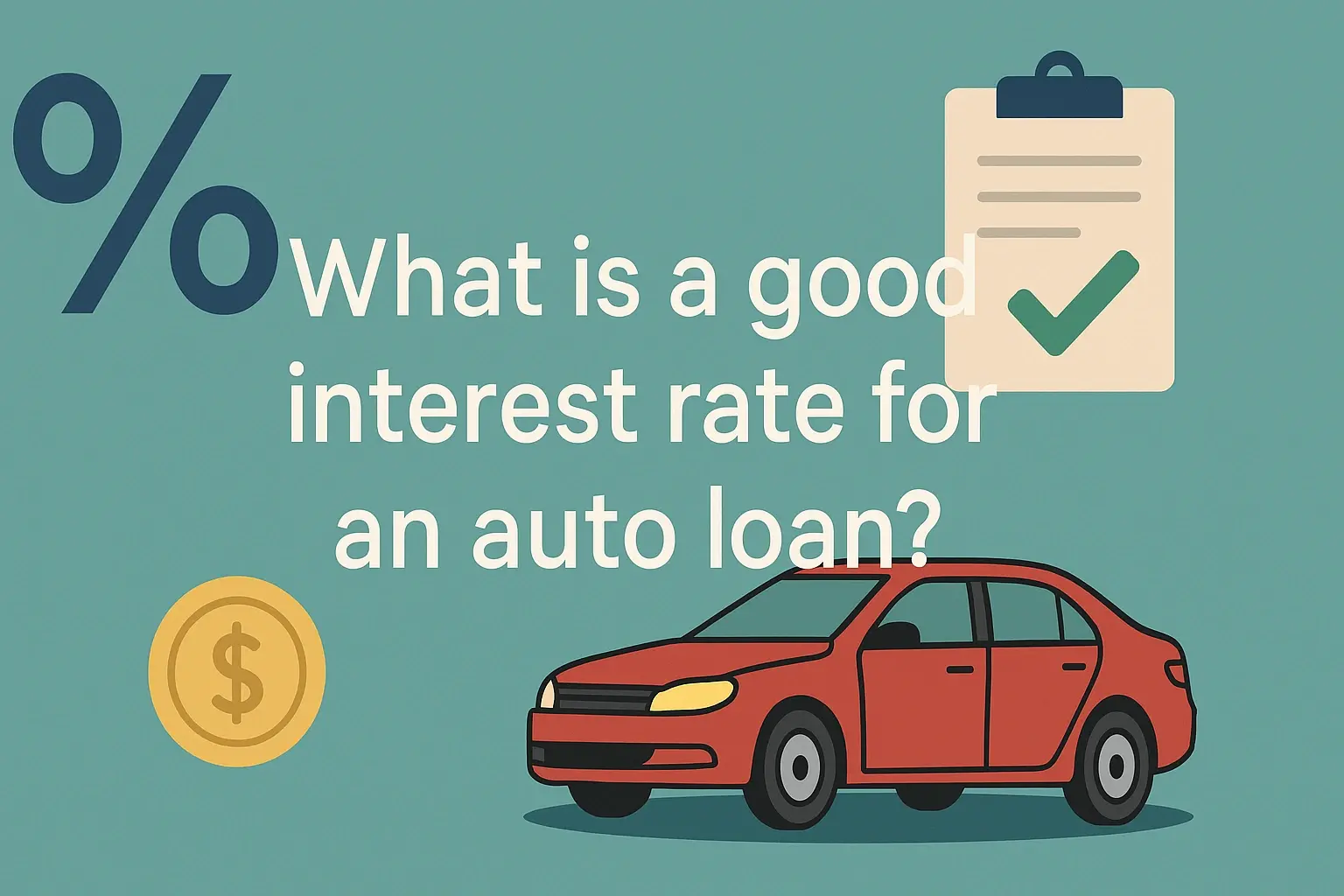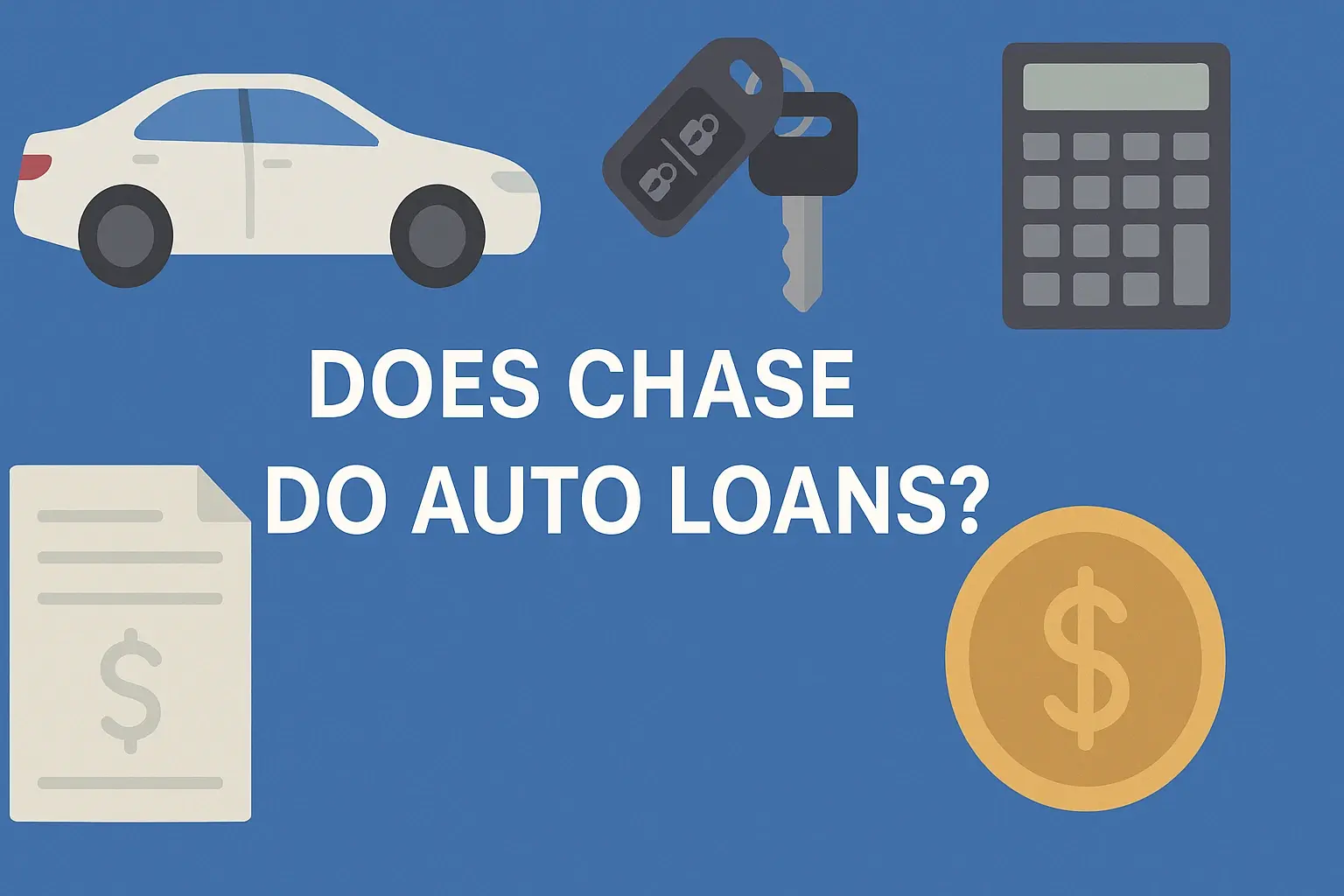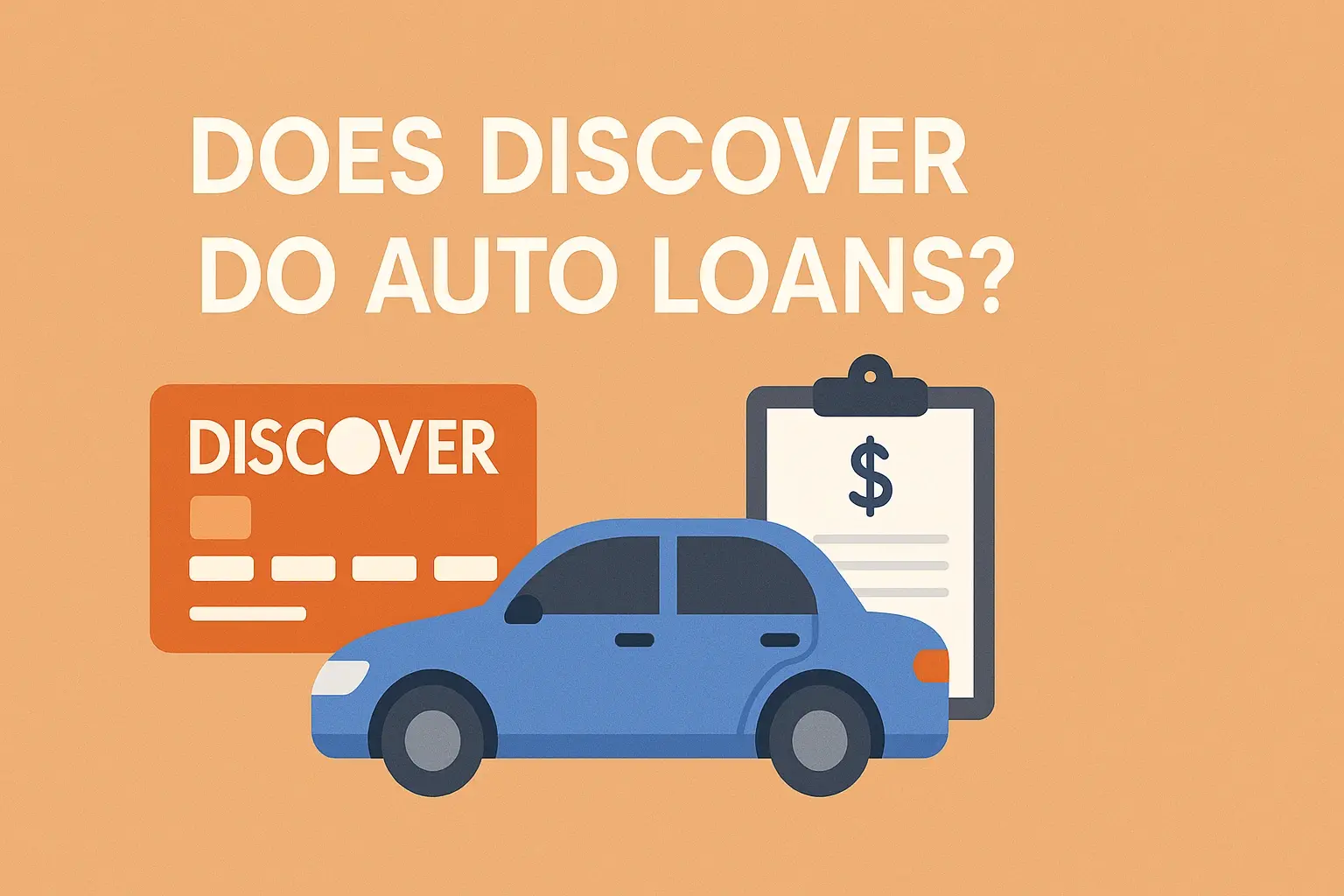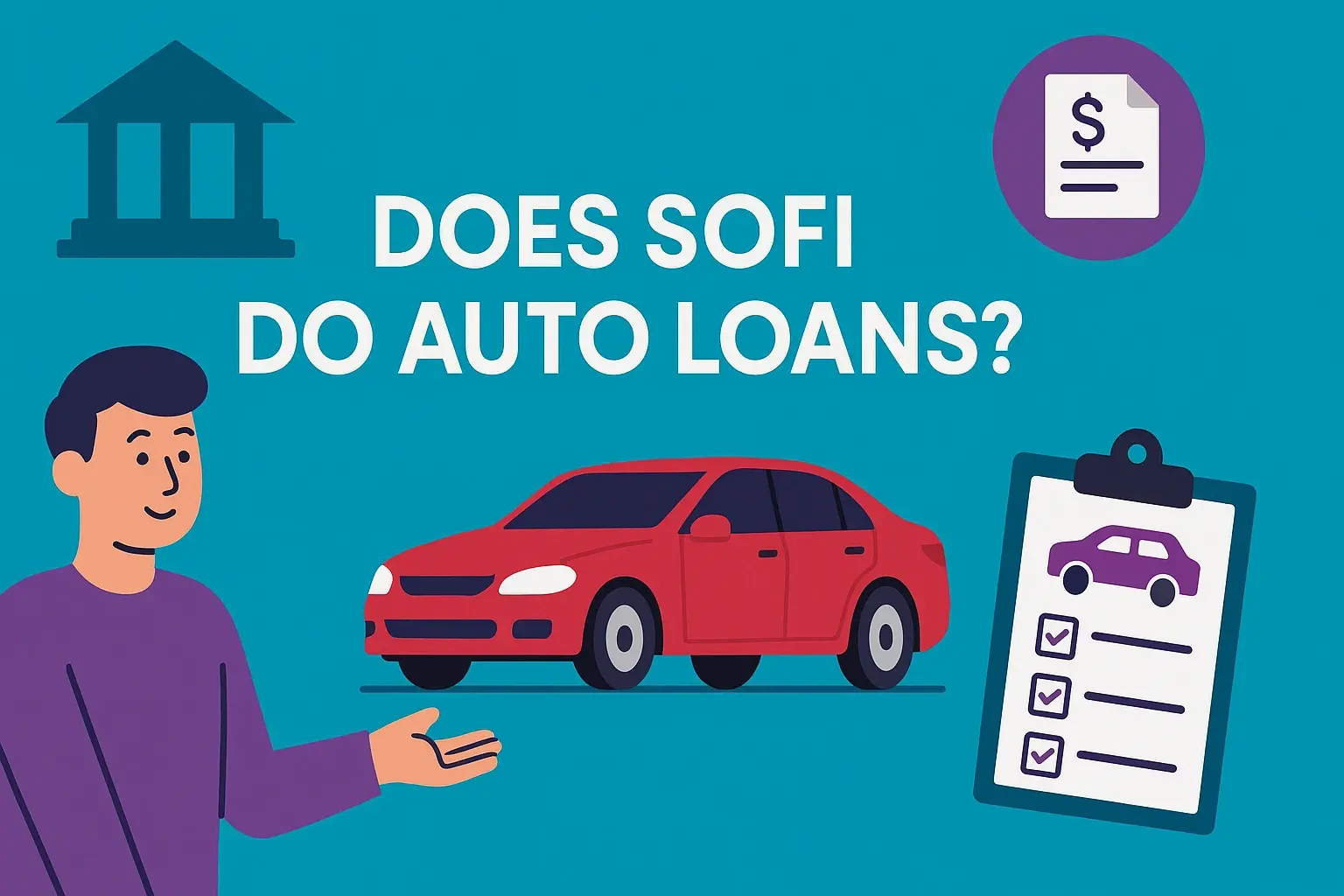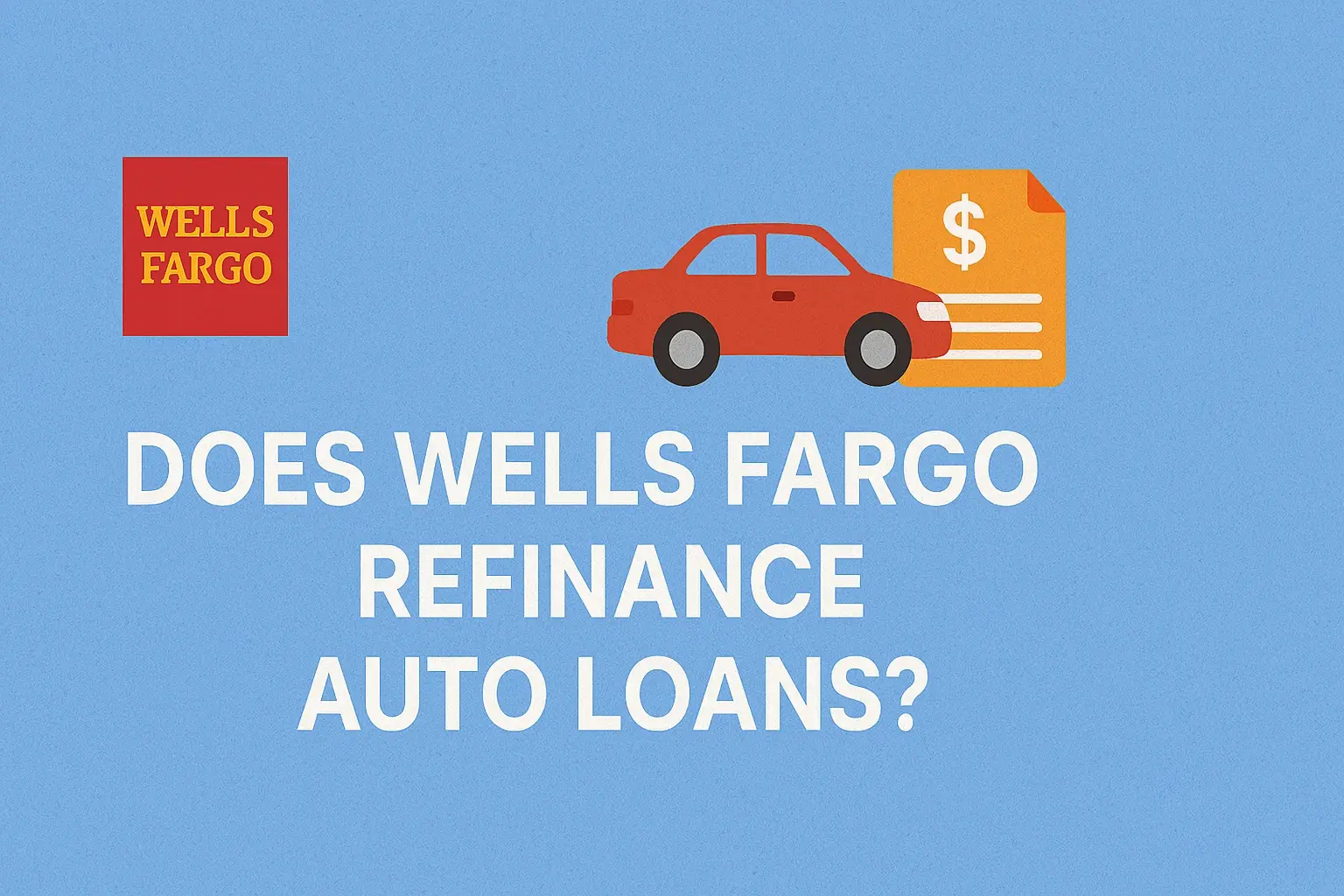-
Posted on: 25 Jul 2024
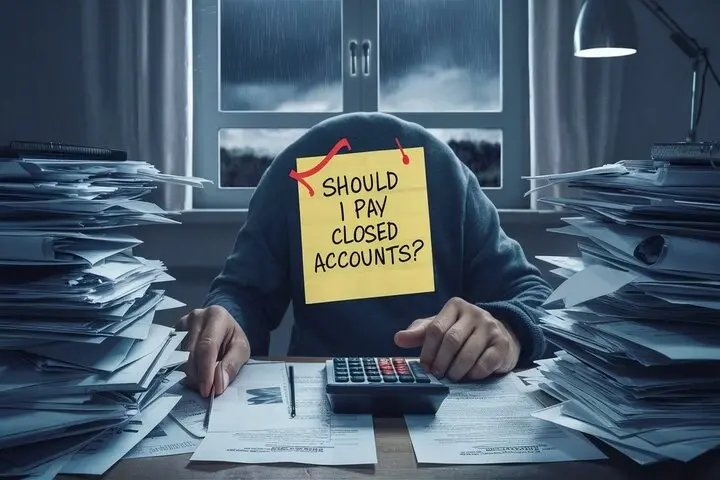
-
Dealing with closed accounts can be confusing, especially when it comes to deciding whether or not to pay them. While the account is no longer active, its impact on your credit report and financial well-being can linger. This comprehensive guide explores the nuances of closed accounts, helping you make an informed decision about whether paying them is the right strategy for you. We'll cover everything from credit score impacts to debt validation and negotiation tactics.
Understanding Closed Accounts
First, let's define what a closed account actually is. A closed account is an account that is no longer active. This can happen for various reasons:
- You closed it yourself: Perhaps you paid off a credit card and chose to close the account.
- The lender closed it: This could be due to inactivity, missed payments, or other violations of the account terms.
- The account was charged off: A charge-off happens when a lender determines that a debt is unlikely to be repaid. It doesn't mean you're off the hook for the debt, but it's an accounting procedure the lender uses.
The critical thing to remember is that even though an account is closed, it can still affect your credit report and potentially be subject to collection efforts.
The Impact of Closed Accounts on Your Credit Score
The way a closed account affects your credit score depends on a few factors:
- Payment history: A history of on-time payments will generally benefit your credit score, even after the account is closed. Conversely, a history of late or missed payments will negatively impact your score.
- Account type: Credit cards generally have a larger impact on your credit utilization ratio (the amount of credit you're using compared to your available credit) than installment loans.
- Age of the account: Older accounts, especially those with positive payment histories, can contribute to a stronger credit profile.
- The status of the account: Was the account closed in good standing, or was it charged off? Charge-offs are particularly damaging to your credit.
Negative Information and Credit Reporting Timelines
It's crucial to understand how long negative information can remain on your credit report. Under the Fair Credit Reporting Act (FCRA), most negative information, including late payments and charge-offs, can stay on your credit report for up to seven years from the date of first delinquency (the date you first missed a payment that led to the negative status). Bankruptcies can stay for up to 10 years.
This means that paying a closed, charged-off account near the end of the seven-year period might not significantly improve your credit score, as the negative information is already nearing its removal date.
Weighing the Pros and Cons of Paying Closed Accounts
Deciding whether to pay a closed account requires careful consideration of the potential benefits and drawbacks:
Potential Benefits:
- Moral obligation: Many people feel a moral obligation to repay debts, even if they are old or have been charged off.
- Removing the debt from collections: Paying the debt can stop collection calls and letters, providing peace of mind.
- Potential credit score improvement (sometimes): In some cases, paying a closed account can lead to a slight improvement in your credit score. This is more likely if the account is relatively recent, and you negotiate with the creditor to remove the negative mark from your credit report.
- Avoiding legal action: While rare for older debts, paying the debt can eliminate the possibility of being sued for collection (although the statute of limitations may protect you – more on that below).
Potential Drawbacks:
- Re-aging the debt: In some jurisdictions, making a payment on a debt can "re-age" it, restarting the statute of limitations (the time period during which a creditor can sue you for the debt). This means you could be vulnerable to legal action for longer.
- Minimal credit score impact: As mentioned earlier, paying a closed account, especially one that's already nearing its removal date, might not significantly improve your credit score.
- Financial strain: Paying a debt you're not legally obligated to pay could put a strain on your finances, especially if you have other more pressing debts or financial goals.
- Attracting more collectors: Paying one debt might alert other collectors to your willingness to pay, leading to more collection efforts.
Important Considerations Before Paying
Before you decide to pay a closed account, consider these crucial factors:
1. Statute of Limitations
The statute of limitations is a law that sets a time limit on how long a creditor can sue you to collect a debt. The length of the statute of limitations varies by state and the type of debt (e.g., credit card debt, medical debt). It typically ranges from three to six years. If the statute of limitations has expired, the creditor can no longer sue you to collect the debt.
Important: Making a payment on a debt can sometimes restart the statute of limitations, depending on your state's laws. Therefore, it's crucial to understand the statute of limitations in your state before making any payments on old debts.
2. Debt Validation
Under the Fair Debt Collection Practices Act (FDCPA), you have the right to request debt validation from a debt collector. This means the collector must provide you with proof that you owe the debt and that they have the legal right to collect it. This proof typically includes the original creditor's name, the account number, the amount owed, and documentation supporting the debt.
How to Request Debt Validation: Send a written request for debt validation to the debt collector via certified mail with return receipt requested. This provides proof that the collector received your request. You must send this request within 30 days of receiving the debt collector's initial communication.
If the debt collector cannot provide valid documentation, they are legally obligated to stop collection efforts.
3. Negotiation
Even if you decide to pay the debt, you don't necessarily have to pay the full amount. You can often negotiate with the debt collector to settle the debt for a lower amount. This is especially true if the debt is old or if the debt collector cannot provide valid documentation.
Tips for Negotiation:
- Start low: Offer a lower amount than you're willing to pay and work your way up.
- Offer a lump-sum payment: Creditors are often more willing to negotiate if you can offer a lump-sum payment.
- Get the agreement in writing: Before making any payments, get a written agreement from the debt collector that confirms the settlement amount and that they will report the debt as "paid in full" or "settled" to the credit bureaus.
- Record all communication: Keep records of all phone calls and correspondence with the debt collector.
4. "Pay-for-Delete" Agreements
A "pay-for-delete" agreement is an agreement with the debt collector to remove the negative information about the debt from your credit report in exchange for payment. While this sounds appealing, it's important to note that pay-for-delete agreements are rare and often difficult to enforce.
Many debt collectors are reluctant to enter into pay-for-delete agreements because they can be seen as violating their agreements with the credit bureaus. However, it's worth asking if the debt collector is willing to consider it. If they agree, get the agreement in writing before making any payments.
5. Credit Counseling
If you're struggling with debt, consider seeking help from a non-profit credit counseling agency. A credit counselor can help you assess your financial situation, develop a budget, and explore debt management options. They can also provide guidance on negotiating with creditors and understanding your rights under the FDCPA.
When Paying a Closed Account Might Be a Good Idea
Despite the potential drawbacks, there are situations where paying a closed account might be beneficial:
- You are applying for a mortgage or other major loan: Lenders often look more favorably on applicants who have addressed outstanding debts, even if they are closed accounts. Paying off the debt could improve your chances of approval.
- The account is relatively recent and impacting your credit score significantly: If the account is only a few years old and is significantly dragging down your credit score, paying it off (and potentially negotiating a deletion) could provide a noticeable boost.
- You want to clear your conscience and avoid collection efforts: If you feel a moral obligation to repay the debt or want to stop the collection calls and letters, paying the debt might be the right decision for you.
Alternatives to Paying Closed Accounts
If you're not comfortable paying the debt, consider these alternatives:
- Do nothing and let it fall off your credit report: If the debt is old and nearing its removal date, you can simply wait for it to fall off your credit report.
- Dispute inaccurate information on your credit report: If you believe the information on your credit report is inaccurate, you have the right to dispute it with the credit bureaus.
- Negotiate a partial payment and deletion: As mentioned earlier, you can try to negotiate a settlement for a lower amount and request that the debt collector remove the negative information from your credit report.
- Explore debt relief options: If you're struggling with significant debt, consider exploring debt relief options such as debt management plans, debt settlement, or bankruptcy.

